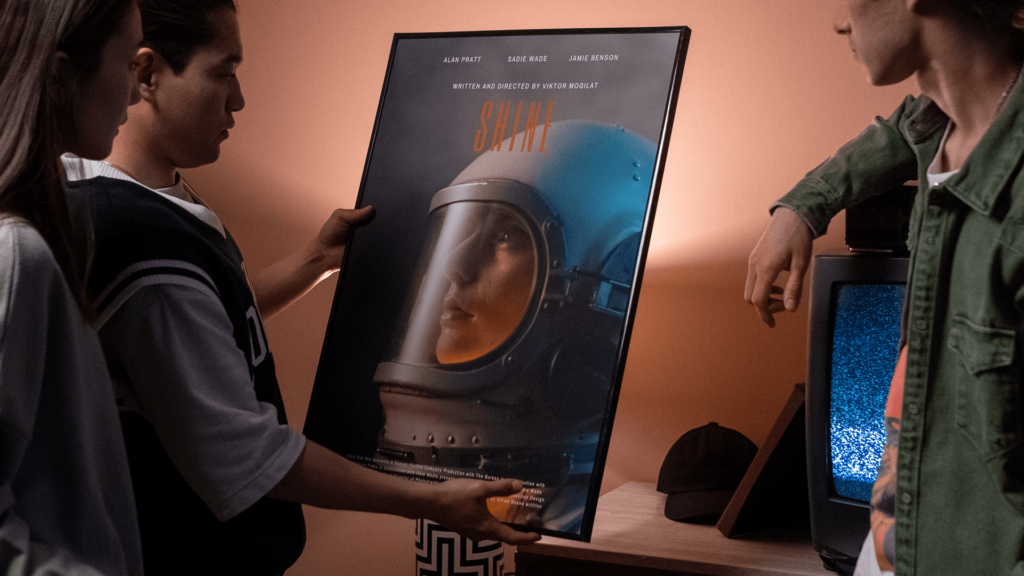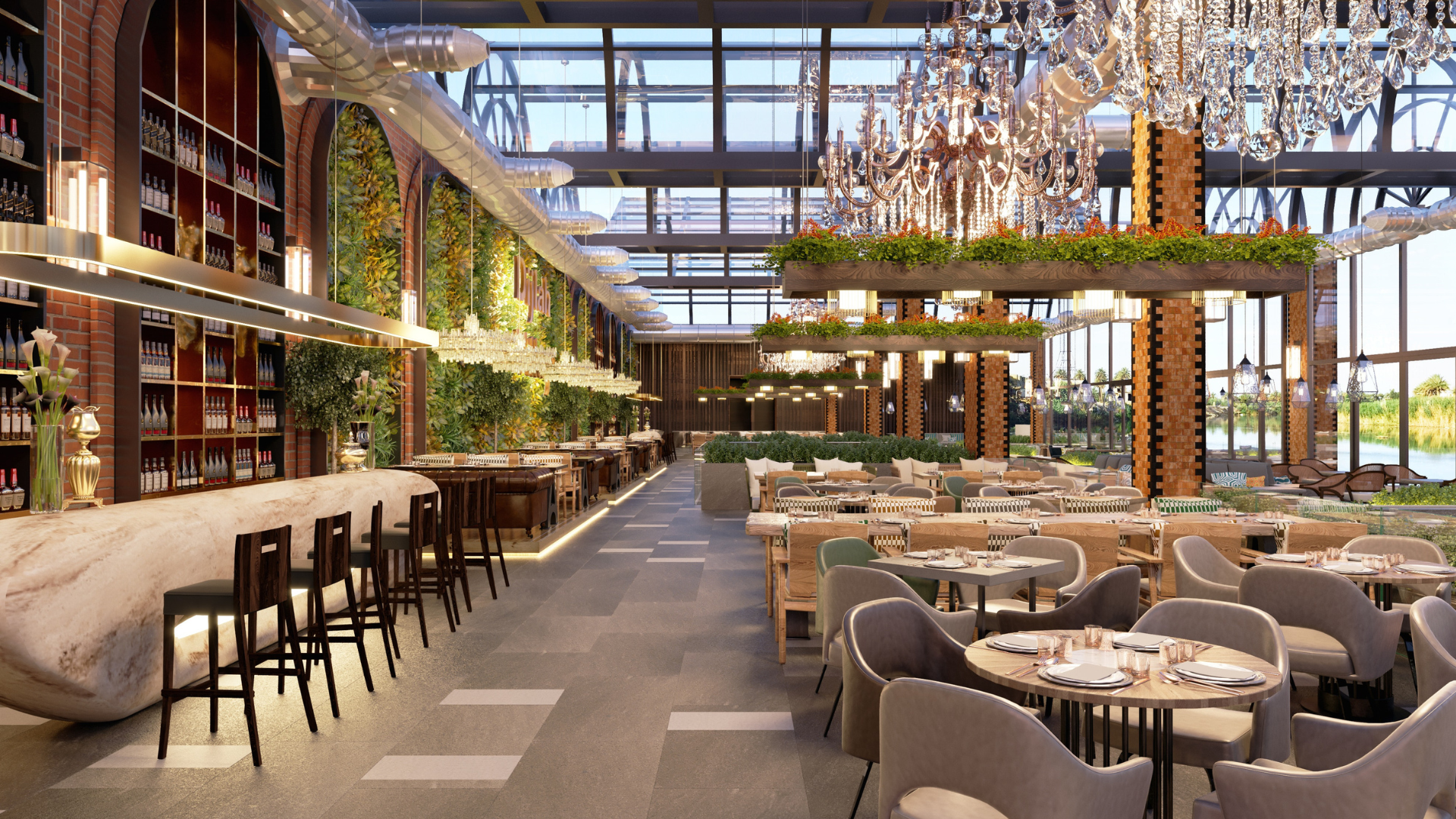Understanding Lighting Design
Before diving into the specifics of lighting design careers, it’s essential to have a clear understanding of what this field entails. Lighting design is the art and science of using light to enhance and transform spaces, objects, and performances. It involves the strategic placement and control of lighting fixtures to create desired atmospheres, highlight focal points, and evoke emotions. Lighting designers work closely with architects, interior designers, theater directors, and event planners to bring their vision to life through the thoughtful use of light.
Skills Required for Lighting Design Careers
To excel in the field of lighting design, certain skills are crucial. Here are some of the key skills that aspiring lighting designers should develop:
- Creativity: Lighting design is an art form, and creativity is at the core of every successful lighting design concept. The ability to think outside the box and come up with innovative lighting solutions is essential.
- Technical Knowledge: Lighting designers must have a solid understanding of lighting equipment, electrical systems, and control technologies. Familiarity with lighting software and programming is also advantageous.
- Attention to Detail: Lighting designers need to pay close attention to every detail, from the positioning of fixtures to the color temperature of light. Precision is crucial to achieve the desired lighting effects.
- Collaboration: Lighting designers often work as part of a team, collaborating with architects, interior designers, and other professionals. Excellent communication and interpersonal skills are necessary to effectively convey ideas and work harmoniously with others.
- Adaptability: Lighting designers must be adaptable and able to work in various settings, from theaters and concert halls to outdoor venues and architectural projects. They should be comfortable working under different constraints and adjusting their designs accordingly.
Educational Paths in Lighting Design
While a formal education is not always required to pursue a career in lighting design, it can significantly enhance your skills and job prospects. Several educational paths can lead to a successful career in this field:
- Bachelor’s Degree: Many universities and colleges offer bachelor’s degree programs in lighting design or related disciplines such as theater design, interior design, or architecture. These programs provide a comprehensive education in lighting design principles, technical skills, and artistic development.
- Master’s Degree: Pursuing a master’s degree in lighting design can further deepen your knowledge and expertise in the field. Programs like the Master of Fine Arts (MFA) in Lighting Design offer advanced coursework and opportunities for specialization.
- Certificate Programs: For those who prefer a more focused and shorter educational experience, certificate programs in lighting design are available. These programs typically offer intensive training in specific aspects of lighting design, such as architectural lighting or stage lighting.
Job Opportunities in Lighting Design
Lighting designers have a wide range of career opportunities across various industries. Here are some of the potential job roles that lighting design graduates can pursue:
- Theater Lighting Designer: Working closely with directors and set designers, theater lighting designers create lighting designs that enhance the mood and atmosphere of theatrical productions.
- Architectural Lighting Designer: Collaborating with architects and interior designers, architectural lighting designers create lighting schemes for residential, commercial, and public spaces to enhance aesthetics, functionality, and energy efficiency.
- Event Lighting Designer: Event lighting designers specialize in creating captivating lighting experiences for concerts, festivals, corporate events, and weddings. They use lighting to set the mood and create memorable atmospheres.
- Film and Television Lighting Designer: Lighting plays a crucial role in the world of film and television, and lighting designers in this industry work closely with directors of photography to create the desired visual effects.
- Freelance Lighting Designer: Many lighting designers choose to work as freelancers, taking on a variety of projects across different industries. This allows for flexibility and the opportunity to work on diverse and exciting projects.
Key Takeaways:
- Lighting design is a specialized field that combines technical knowledge and artistic sensibility to create captivating lighting experiences.
- Skills required for lighting design careers include creativity, technical knowledge, attention to detail, collaboration, and adaptability.
- Educational paths in lighting design include bachelor’s and master’s degree programs, as well as certificate programs that offer specialized training.
- Job opportunities in lighting design span various industries, including theater, architecture, events, film, and freelance work.
To kickstart your journey in the world of lighting design, consider taking the “NYU Business of Entertainment” online course and certificate program offered by Yellowbrick. This program provides valuable insights into the business side of the entertainment industry, which can complement your technical and artistic skills as a lighting designer. By combining your passion for lighting design with a solid understanding of the entertainment business, you’ll be well-equipped to thrive in this dynamic field.




